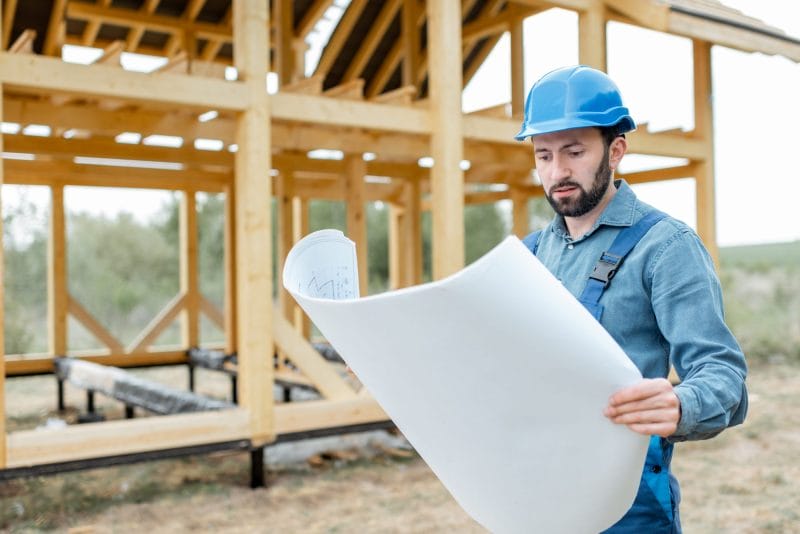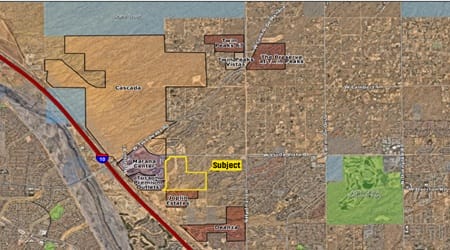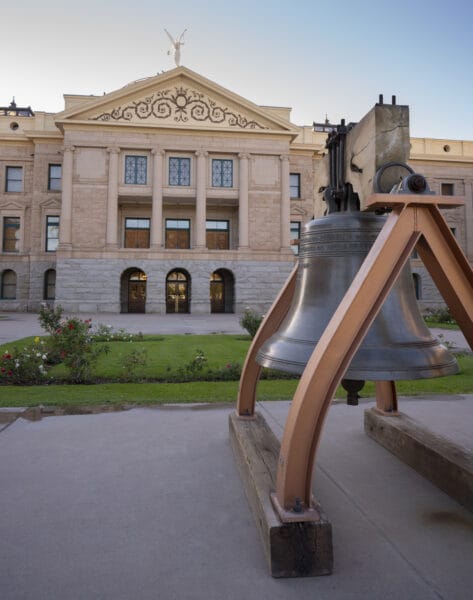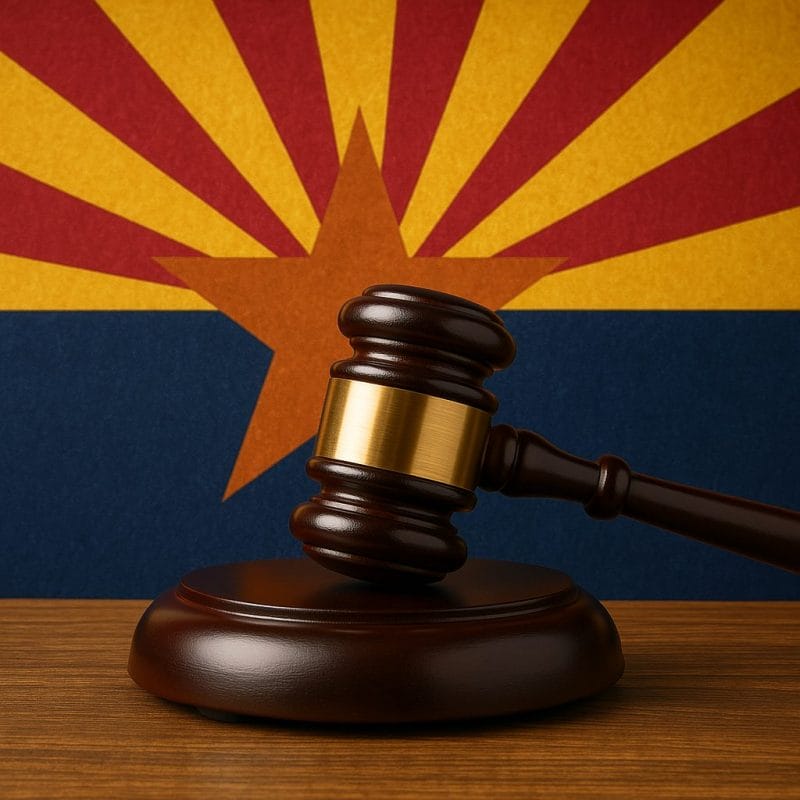
But changing demographics and dismay with Trump give Democrats a chance for governor and Senate.
For Republicans, this year’s midterm elections have that sort of ominous feel in Arizona. Liberal intensity has been building across the country, fueled by revulsion at Donald Trump. Longtime GOP redoubts are suddenly up for grabs in special elections.
Today Republicans control the governorship, both chambers of the Legislature, both U.S. Senate seats and five of nine House seats. But demographic changes are pulling the electorate leftward, even as Mr. Trump is polarizing voters.
Hispanics make up nearly a third of the state’s population and more than 40% in the two biggest cities, Phoenix and Tucson. Mr. Trump carried Arizona by a mere 3.5 points in 2016, compared with Mitt Romney’s 9-point margin in 2012. Many Republicans and independents in the suburbs are repelled by the president’s abrasive personality and restrictionist immigration policies. Caught in the political maelstrom are Gov. Doug Ducey and Rep. Martha McSally.
Their problem — or at least for one of them is few voters are aware of how much she and her fellow Republicans in Congress have accomplished, because the news is consumed with President Trump’s irruptions.
At the same time, the president has inflamed immigration politics and made it more difficult for Republicans like Ms. McSally to carve out a moderate position. As the Aug. 28 primary approaches, she has been running to the right on the issue to avoid being outflanked by her opponent, former state Sen. Kelli Ward, who has called Ms. McSally a “Republican in Name Only.”
Ms. McSally is the primary’s front-runner, but not a shoo-in. A poll by ABC15 and OH Predictive Insights shows her ahead of Ms. Ward, 35% to 27%. But the congresswoman owes her lead in part to the presence of Joe Arpaio, who is polling at 15%. Mr. Arpaio is the former Maricopa County sheriff who lost his bid for a seventh term in 2016, was convicted of contempt of court in a case arising from allegations that his officers racially profiled Latinos, and then received a presidential pardon last August.
One danger is that Ms. McSally could emerge from the primary victorious but weakened from the internecine warfare. Already, the ABC poll shows her trailing the likely Democratic nominee, Rep. Kyrsten Sinema, by 4 points.
Gov. Ducey is in danger, too. He won by 12 points in 2014 and has assembled an impressive record in office, but he has likewise struggled to navigate the Trump era.
Mr. Ducey is a plain-vanilla Republican, unlikely to rouse or repulse many voters. He has kept a low national profile by avoiding controversial fights, the exception being this spring, when the Arizona Education Association went on strike to demand higher salaries.
David Garcia, locked up the support of the teachers union by promising to give schools more money and eliminate the tax-credit scholarship program.
The governor plays down the prospect of a coming Democratic sweep. “When you look at the numbers in the last election, Arizona has remained red,” he tells me. “I do think we’ve had a lot of growth—a lot of people have moved here from California. Perhaps some of them have forgotten why they left California.”








